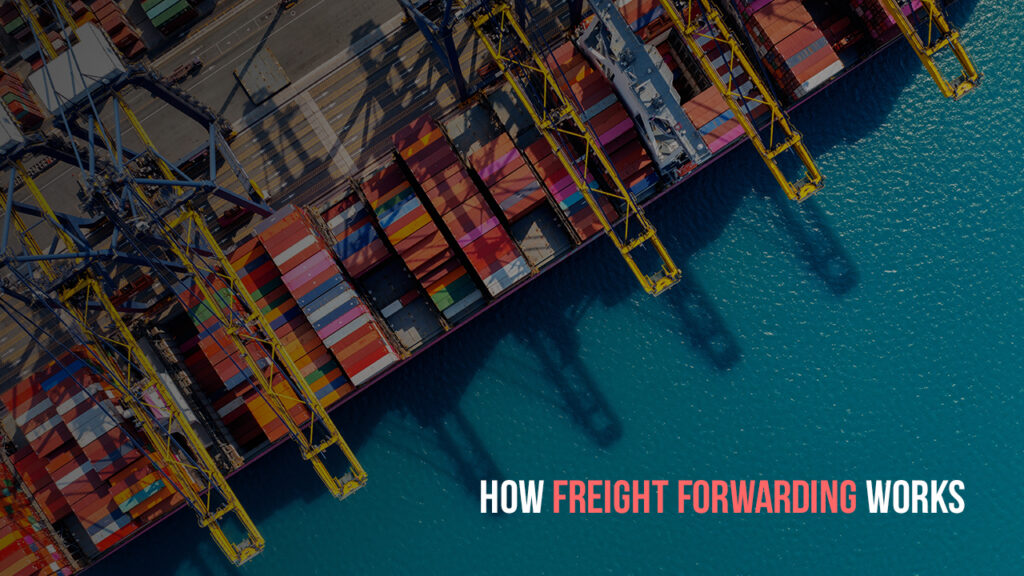Freight forwarding is a critical component of global trade, providing businesses with the expertise and resources needed to navigate the complexities of international shipping. This process ensures that goods are transported efficiently and cost-effectively, allowing companies to focus on their core operations and growth. Here’s a detailed look at how freight forwarding works, broken down into key stages.
Initial Consultation and Planning
The freight forwarding process begins with an initial consultation. During this stage, the freight forwarder assesses the shipper’s specific needs, including the type of goods being shipped, the destination, and the required delivery timeframe. This assessment is crucial as it helps the forwarder to create a customized shipping plan that outlines the most efficient and cost-effective methods for transporting the cargo.
In this stage, the forwarder considers various factors such as the nature of the goods (e.g., perishable, hazardous, or high-value items), the optimal mode of transport (air, sea, or land), and any special handling requirements. The result is a detailed plan that minimizes delays and costs while ensuring the safe and timely delivery of the goods.
Booking and Documentation
Once the shipping plan is finalized, the next step involves booking space with carriers. This could be with shipping lines, airlines, or trucking companies, depending on the mode of transport chosen. The freight forwarder leverages their relationships with various carriers to secure the best rates and schedules for their clients.
In addition to booking space, the freight forwarder is responsible for handling all necessary documentation. This includes the preparation and submission of shipping documents such as the bill of lading, commercial invoice, packing list, and any required export or import licenses. Ensuring that all documentation is in order is essential for compliance with international shipping regulations and for avoiding delays at customs.
Cargo Handling and Transport
The actual handling and transport of the cargo is a critical phase of the freight forwarding process. Freight forwarders coordinate the pickup of goods from the shipper’s location and ensure that they are properly packed and labeled for transport. This involves using the appropriate packaging materials to protect the goods and labeling them according to international standards.
Once the goods are packed and ready, the forwarder arranges for their loading onto the chosen mode of transport. Throughout the journey, the freight forwarder monitors the shipment’s progress, providing updates to the shipper. This real-time tracking helps to address any issues that might arise, such as delays or disruptions, ensuring that the shipment stays on schedule.
Customs Clearance and Delivery
Upon arrival at the destination port, one of the most critical tasks the freight forwarder undertakes is managing customs clearance. This involves ensuring that all duties and taxes are paid and that the shipment complies with local regulations. Customs clearance can be a complex process, requiring detailed knowledge of import/export laws and the ability to navigate various bureaucratic procedures.
After successfully clearing customs, the freight forwarder arranges for the final delivery of the goods to the consignee’s location. This could involve coordinating with local trucking companies or other delivery services to ensure that the shipment reaches its final destination safely and on time. The end-to-end process concludes with the consignee receiving their goods, completing the freight forwarding journey.
Conclusion
Freight forwarding is an indispensable service for businesses engaged in international trade. By providing a comprehensive range of services from initial consultation and planning to booking, documentation, cargo handling, and customs clearance, freight forwarders ensure that goods are transported efficiently and cost-effectively. This allows businesses to focus on their core activities while leaving the complexities of international shipping to the experts. Whether you are a small business or a large enterprise, partnering with a skilled freight forwarder can significantly enhance your logistics operations and support your global trade efforts.

